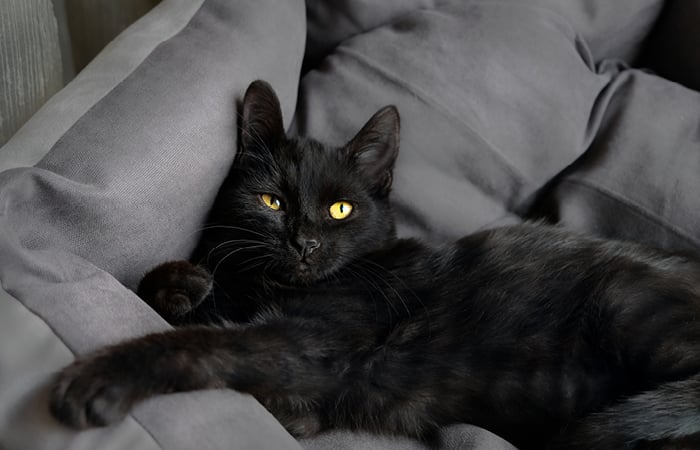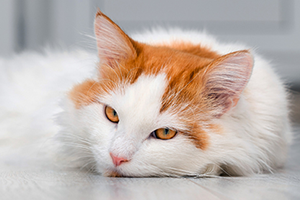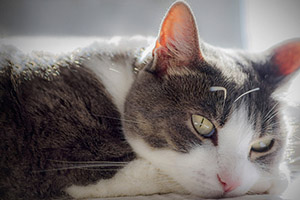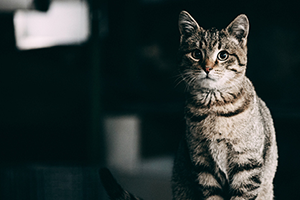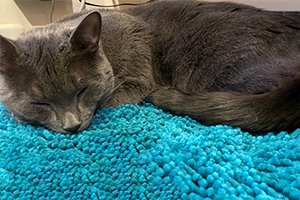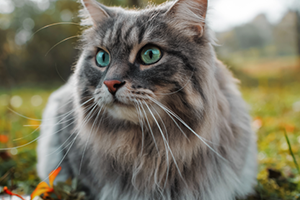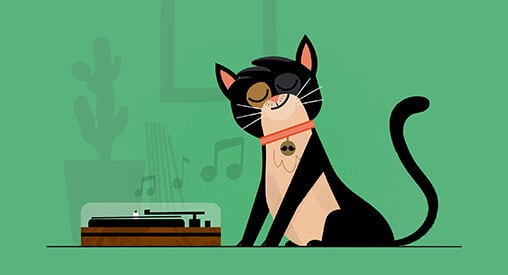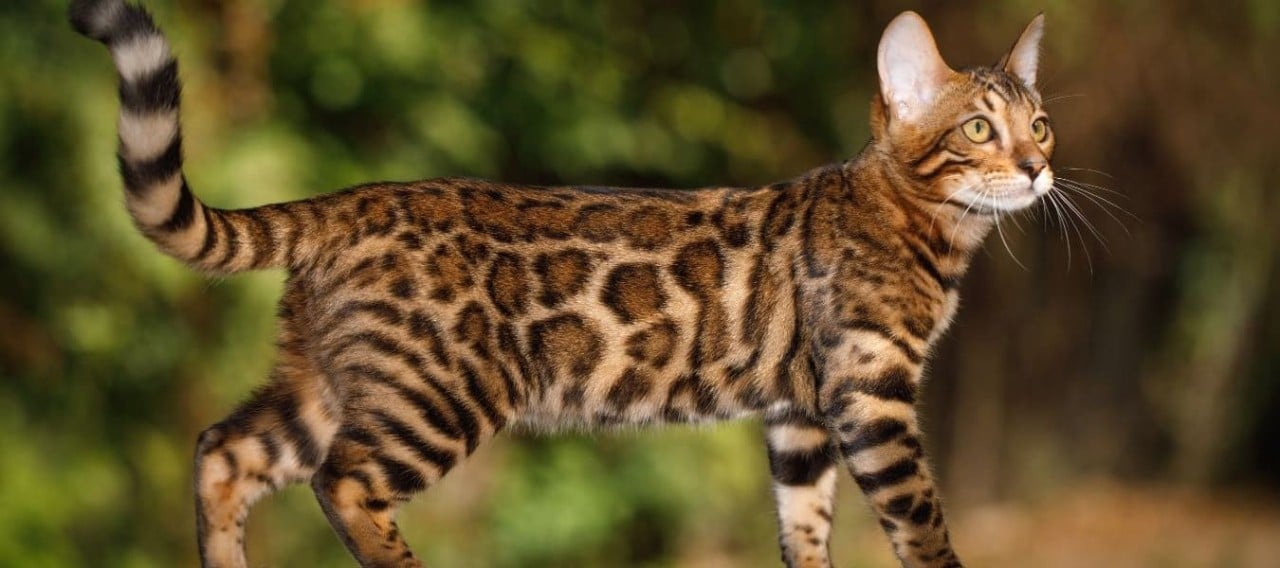Black cats might be considered good luck in some parts of the world, but in others, they’re thought to be bad luck.
Many of these superstitions can be traced back to the Middle Ages, when in Europe, black cats became associated with witchcraft. It was thought they were the cause of bad luck, assisting witches in dark deeds. Some people even thought black cats were reincarnated witches.
During these times, feral cats were often fed by women who were later accused of witchcraft. This is where the idea began to develop that if a black cat crosses your path, something bad will happen.
Many of these superstitions continue to this day, even though they’re nothing but a myth.
A Cats Protection survey found that rather than fading from public consciousness, superstitions about black cats being unlucky are gaining traction with younger generations. While 12% of respondents aged 18-24 said that black cats were unlucky, only 2% of over 55-year-olds said the same.
But if you’ve ever met a black cat, you’ll know they’re just as affectionate and characterful as any other cat. Even so, black cats often find themselves in need of a new home.

